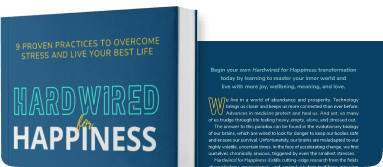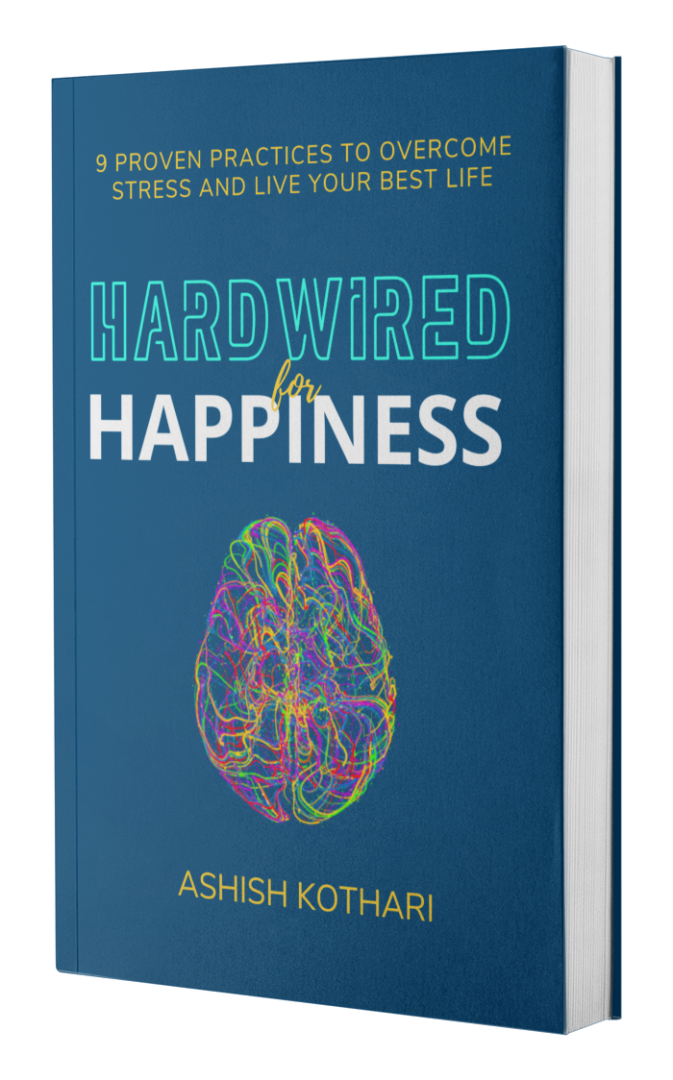Finding and Activating Purpose at Work

Are work and purpose mutually exclusive? Many of us have been conditioned to believe that work is merely a means to an end—a necessity to earn a living and enjoy life outside the office. However, this perspective is increasingly outdated. Our work can be a powerful source of meaning, fulfillment, and happiness.
In this article, we’ll explore the science behind why linking work and purpose is essential for our overall well-being and the significant costs of neglecting to cultivate meaning and fulfillment in our professional lives.
“If 50% of your people don’t find meaning at work, all you get are their hands and legs, not their hearts and minds. Imagine what could be unlocked if they did find meaning.”
– Ashish Kothari
Understanding the importance of purpose at work
Many people today find themselves in jobs that feel unfulfilling or meaningless. They work long hours but are not truly engaged or passionate about what they do. Without that passion, it’s easy to become distracted or unfocused.

Not having a purpose at work is like driving a car without a GPS. You might eventually get to where you’re going, but it’ll take a lot longer, and you’ll probably get lost a few times along the way. Without a sense of direction, feeling unmotivated, stressed, and even burnt out is easy. This kind of work life can take a toll on your mental health, relationships, and overall well-being.
The cost of not finding meaning in our work is a heavy one and we can no longer afford to ignore it. This is why activating your purpose at work matters. You’re more motivated, engaged, and fulfilled when you have a sense of purpose. You’re contributing your productivity to something meaningful and making a difference in the world, not just earning a paycheck.
Proven studies that show why purpose matters at work
Why is activating your purpose at work such a big deal? Simply because nobody wants to be a zombie at work. Purpose should be the heartbeat of our organizations. Here are a few studies that provide evidence of why purpose matters at work:
- A 2019 study showed about a 17% reduction in the risk of cardiovascular diseases for those who reported having a strong sense of purpose.
- Research from Rush Medical School by Patricia Boyle found that individuals with a strong sense of purpose had a 2.4 times lower risk of developing Alzheimer’s disease.
- The Blue Zones research led by Dan Buettner found that in all Blue Zone regions, people who find meaning in their daily activities tend to live longer and healthier lives.
- Gallup’s well-known research consistently finds that only about 30% of employees report being engaged at work. The number drops globally to about 20%. Gallup’s research shows that employees who find purpose and meaning in their work are more engaged, leading to higher productivity, better performance, and lower turnover rates.
- Various studies, including work done by McKinsey, demonstrate that purpose-driven organizations see better business outcomes. Organizations that infuse purpose into their culture experience higher employee engagement, greater productivity, and lower attrition rates.
How to find your purpose at work
Activating purpose at work should be an individual and collective effort in our organizations. It starts with self-reflection to know what truly matters to each of us. Think of your passions, values, and strengths, and reflect on what activities or aspects of work that bring you joy and fulfillment. This self-awareness can give clues about what gives you a sense of purpose.
There are many ways to infuse more meaning into our individual lives and collectively use that meaning to ignite the passions of our employees, winning their hearts and minds to drive higher impact in the world and be a force for good. Here are a few research-backed strategies you can try:
- The Ikigai Model – Ikigai is a Japanese concept that involves finding the intersection of four elements:
- What you love (your passions)
- What you are good at (your strengths)
- What the world needs (how you can make a positive impact)
- What you can be paid for (skills or services that are valued by others)
- Job Crafting Technique
- Job crafting is a concept by Amy Wrzesniewski and Jane E. Dutton, which involves redesigning your job better to fit your strengths, passions, and values. This empowers you to take control of your work experience and find greater purpose in your daily responsibilities. There are three main types of job crafting:
- Task Crafting: Modifying the type or nature of tasks you perform to align more closely with your interests and strengths.
- Relationship Crafting: Changing how you interact with colleagues and clients to create more meaningful connections.
- Cognitive Crafting: Reframing how you perceive your job and its impact can help you see your work more meaningfully.
- Job crafting is a concept by Amy Wrzesniewski and Jane E. Dutton, which involves redesigning your job better to fit your strengths, passions, and values. This empowers you to take control of your work experience and find greater purpose in your daily responsibilities. There are three main types of job crafting:
- Engage in Purpose-driven Activities in the Organization
- It’s important to understand your organization’s mission and values and find ways to connect your personal goals with the company’s broader purpose. Participate in activities that resonate with your values and passions, such as volunteering, leading initiatives, or joining projects that align with your sense of purpose.

When you align your purpose with your organization’s, you are more likely to feel engaged and fulfilled at work. But that’s not all, there are more benefits!
The long-term benefits of purpose
Activating purpose at work may seem like a small move, but its benefits are roaring! Purpose can transform both individual experiences and organizational success. Here are the long-term benefits of having a purpose at work:
- Sustained employee engagement and motivation
- When employees connect their work to a larger mission, they are more likely to invest emotionally and stay committed over the long term.
- Better productivity and performance
- Employees who understand the impact of their work are more focused and perform better, contributing positively to the organization’s goals.
- Improved retention and reduced turnover
- Employees who find meaning in their work are more likely to stay with the organization, reducing recruitment and training costs and retaining valuable talent.
- Stronger organizational culture
- When employees share a common purpose, it fosters a culture of collaboration, trust, and a sense of belonging, creating a resilient and cohesive work environment.
- Enhanced innovation and creativity
- Employees aligned with a meaningful mission are more likely to think creatively and take initiative, leading to innovative solutions and continuous improvement within the organization.
Conclusion
We’ve been conditioned to believe that endless sitting can give us comfort, sleep deprivation means we are more productive, and indoor isolation is the new norm. But these comfortable traps are actually sabotaging our health and productivity. To truly thrive, we need to move, rest, and reconnect with nature.
Are you caught in a cycle of unhappiness? Your daily habits might be to blame. In this episode, Ashish Kothari, Founder of HAPPINESS SQUAD, exposes three common “unhappiness habits” hindering your joy. Learn how to break free from these patterns and cultivate a more fulfilling life.
Learn more about Ashish at his LinkedIn.
Listen to the podcast with Ashish below.
Access and subscribe to all of the episodes of the Flourishing Edge Podcast here.
Visit the REWIRE Program powered up by the HAPPINESS SQUAD Community and experience your shift within your 30-day risk-free trial today. Cultivate your Self-Awareness, Gratitude, Purpose, Community, and personal growth more through the 9 Hardwired for Happiness practices. Integrate simple and proven micro-practices grounded in the science of happiness and neuroscience of habit formation in 5 minutes a day.
Make Flourishing Your Competitive Edge.


